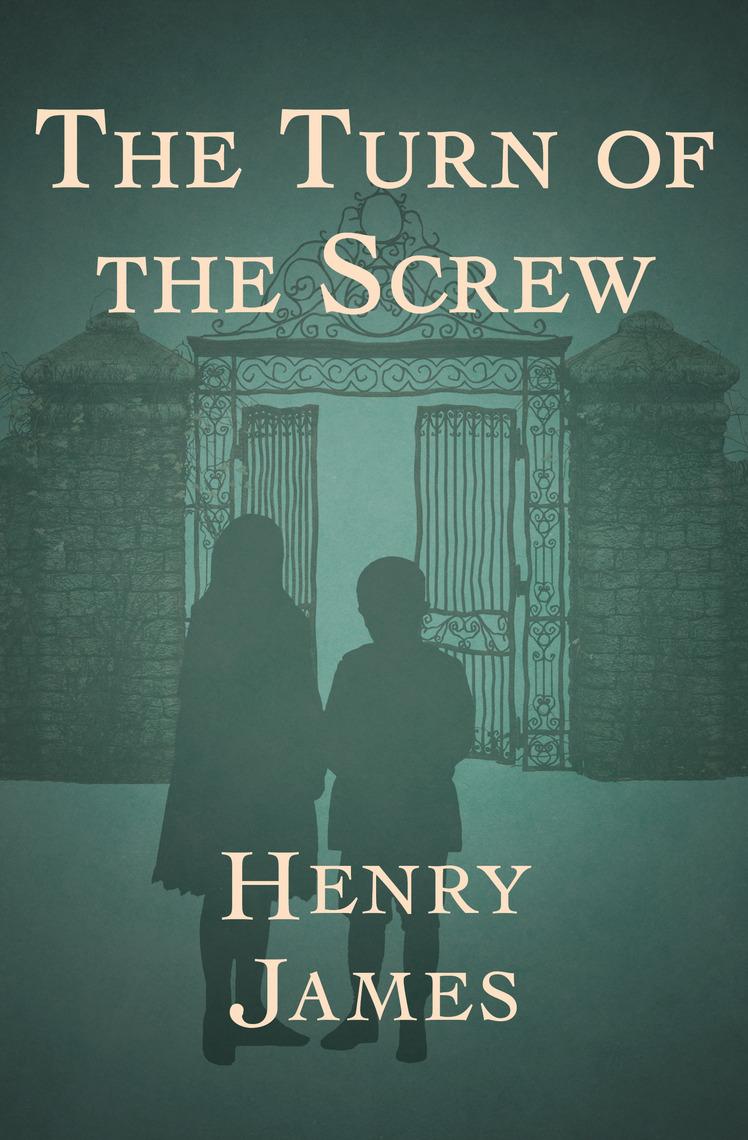
A young governess writes a memoir in first person, talking about how she was engaged to go to a remote estate to care for a pair of orphaned siblings by their uncle. The children seem perfectly charming and engaging, and all is well at first, save for a discordant note indicating that the boy has been expelled from his school for being a bad influence.
Soon, the governess starts seeing strange apparitions and ghostly characters around the estate, identified as former people who were in employ at the estate itself, but are now either deceased or far away… doubtless there is a deep evil lurking around the estate, manifesting itself as apparitions, and working to assimilate or possess the children. But just as much as the governess and the staff work to against this, the children themselves seem to want to be possessed by the evil.
There are multiple issues with this book. The children do not ever seem to do anything to endear themselves to the governess or any of the other staff. In fact, the children don’t do anything charming or sinister. They are just… detached. If the children are detached and distant as described, there doesn’t seem to be any reason the governess was as attached to them as she indicates. I find it hard that she would devote so much of her energy to their care and well-being when there just was no reciprocation.
Which brings me to the second part. Is there a genuine malevolent force at work, trying to corrupt the souls of the two young children, or is this all the figment of the imagination of the governess? This is left entirely ambiguous, and the whole story could be a case of unreliable narrator. This may also explain her obsession with the children, as she might have been rather unsound of mind. In fact, one interpretation may be that she herself is the malevolent force, and is there with the express purpose of killing the children. The children, sensing this, gravitate away from her in an attempt of self-preservation.
The language used is period-specific, but even within that, there is an excessive use of punctuation and run-off sentences, along with multiple tangents being alluded to within the same sentence. It is not an easy read. All told, I was at a loss why this is considered a seminal classic in Gothic horror. The whole book is rather tedious, and frankly, the saving grace is that it is rather short, more of a novella.
